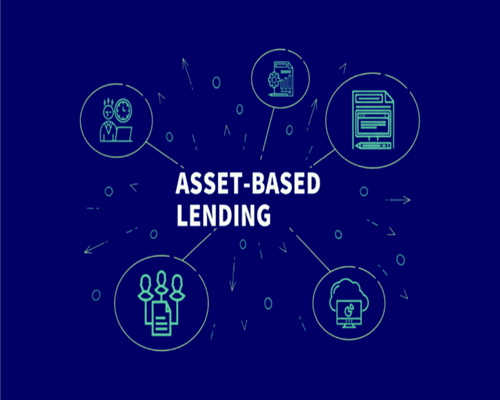Credit & Finance Services
Understanding Credit and Finance: A Quick Guide
A credit is a more flexible form of finance that allows you to access the amount of money loaned, according to your needs at any given time. The credit sets a maximum limit of money, which the customer can use in part or in full.
Credit and finance are key components of personal and business financial health. Credit refers to the ability to borrow money or access goods and services with the understanding that you'll pay later. Good credit scores can lead to favorable loan terms.
Financing involves securing funds through loans, lines of credit, or investments to support various needs like purchasing a home, starting a business, or expanding operations. Effective financial management ensures long-term stability and growth. It involves understanding interest rates, credit scores, debt management, and investment strategies. Staying informed and making wise financial decisions are crucial for building wealth and securing your financial future.


Asset Based Lending Solutions
Understanding Asset Based Lending Solutions Analysis
Asset-Based Lending (ABL) offers businesses flexible financing by leveraging their assets, such as inventory, accounts receivable, and equipment, as collateral. This approach provides a quick and efficient way to secure funds without heavily relying on credit scores. Ideal for companies needing working capital, ABL enhances liquidity and supports growth or restructuring. Unlike traditional loans, ABL adjusts loan amounts based on asset value fluctuations, ensuring continuous access to capital. It is particularly beneficial for businesses with substantial tangible assets, providing a tailored solution that aligns with their financial health and operational needs. Overall, ABL fosters financial stability and operational efficiency, enabling businesses to seize opportunities and navigate challenges effectively. ABL offers quick access to capital, often at lower interest rates compared to unsecured loans, making it an attractive choice for companies with substantial tangible assets.
Equitment Financing
The Ultimate Guide to Equipment Financing
Equipment finance describes a loan or lease that is used to obtain business equipment. Equipment financing helps businesses acquire necessary tools and machinery without paying the full cost upfront. By leveraging loans or leases, companies can spread payments over time, preserving cash flow and enabling growth. This type of financing is ideal for purchasing heavy machinery, vehicles, or technology that is essential for operations. Benefits include potential tax advantages, flexible payment terms, and the ability to keep working capital free for other needs. Many lenders offer tailored solutions to meet specific industry requirements, making it easier for businesses to upgrade or replace equipment. With the right financing plan, companies can stay competitive and efficient without straining their finances.


Syndicate Financing
Understanding Syndicate Financing: A Comprehensive Overview
Asset-based lending (ABL) is a financing approach where a business secures a loan by using its assets as collateral. This means that a company can borrow money, leveraging assets like accounts receivable, inventory, equipment, or real estate.
In asset-based lending, the lender evaluates the worth of these assets and extends a line of credit or a loan based on their assessed value.
The amount of financing that becomes accessible usually represents a percentage of the total asset value, and the interest rates and associated fees are typically more favorable compared to unsecured loans.
Credit And Financing Overview
Understanding Credit and Financing: A Comprehensive Guide
A credit is a more flexible form of finance that allows you to access the amount of money loaned, according to your needs at any given time. The credit sets a maximum limit of money, which the customers can use in part or in full.
Credit and financing are essential tools for managing personal and business finances. Credit refers to the ability to borrow money or access goods and services with the agreement to pay later. It includes credit cards, loans, and lines of credit. Financing involves providing funds for business activities, making purchases, or investing. It can come from various sources, including banks, credit unions, and investors. Proper use of credit and financing can help individuals and businesses grow and manage cash flow effectively. However, it requires responsible management to avoid excessive debt and maintain a healthy credit score, which is crucial for securing future financing opportunities. Proper planning and understanding of terms are crucial to maximizing benefits and minimizing risks.


Employee Stock Ownership Plan
Employee Stock Ownership Plan (ESOP): Empowering Your Workforce
An Employee Stock Ownership Plan (ESOP) is a powerful tool that empowers employees by providing them with ownership in the company they work for. ESOP are designed to motivate employees, enhance productivity, and foster a sense of loyalty and commitment. In an ESOP, companies contribute shares of their stock to a trust, which then allocates these shares to employees over time, typically as a reward for tenure or performance. Employees do not purchase the shares; instead, they receive them as part of their compensation package.
Quick Links
© Jaikvik Business India Private Limited. All Rights Reserved.
